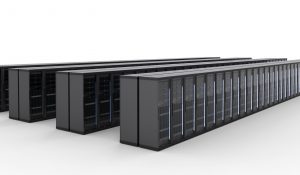
by Simha Sethumadhavan on May 31, 2017 | Tags: Architecture, Hardware, Policy, Security
What should governments do when they discover a hardware 0-day? In the US, as a matter of policy, any vulnerability that is deemed to affect critical infrastructure is disclosed to the vendors by the government [VEP]. The government can hide vulnerabilities (and...
Read more...

by Simha Sethumadhavan on May 25, 2017 | Tags: Architecture, Hardware, Policy, Security
[Editor’s Note: This post is the first in a series of micro-blogs over four consecutive days.] 0-day security exploits are attacks that use vulnerabilities that are unknown to a vendor. They are referred to as 0-days because the vendor knows about them for zero...
Read more...

by Abhishek Bhattacharjee on May 22, 2017 | Tags: Systems, Virtual Memory
As computer architects, one of our key tasks is to propose abstractions that improve system programmability in a manner that stands the test of time. One such abstraction, that has been crucial to the success of computing, is the concept of virtual memory. In this...
Read more...

by Mark Silberstein on May 18, 2017 | Tags: Accelerators, Databases, Networking, Programmability, Specialization
In this blogpost I share what I learned at the Seventh Workshop on Multi-core and Rack-scale Systems (MaRS) co-located with the EuroSYS Conference on Computer Systems held in Belgrade in April. It is a small but vigorous interdisciplinary workshop that focuses on the...
Read more...

by Reetuparna Das on May 8, 2017 | Tags: Accelerators, Cache, Memory, Near Data Computing, Specialization
Computer designers have traditionally separated the role of storage and computation. Memories stored data. Processors computed them. Is this distinction necessary? A human brain doesn’t separate the two so distinctly, so why should a computer? Before I address this...
Read more...







